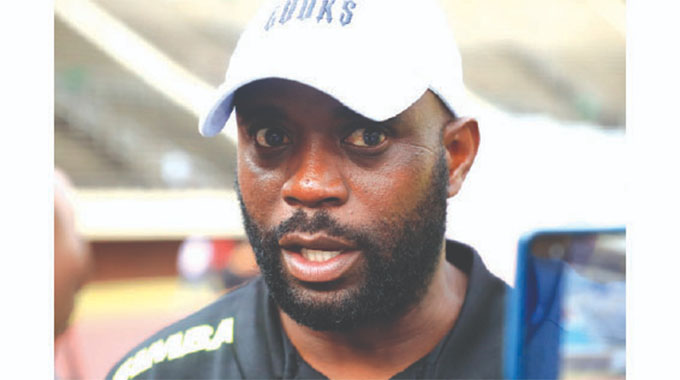Kirsty advises Tokyo Games organisers
TOKYO – Zimbabwe’s Kirsty Coventry, who won Olympic gold in the pool in 2004 and 2008, and competed in her fifth and final Games in Rio this summer, is currently in Tokyo, Japan, at the IOC Debrief Olympic Games Rio 2016.Speaking in her role as IOC Athletes Commission member, she had an important message for Tokyo 2020 organisers and other future host cities: listen to the athletes.
“It’s extremely important to have this form of debrief,” said Coventry. “It’s important to learn about the things that work but probably more importantly the things that didn’t work so well, which the next host city can learn from. It can help in so many different areas. It can help cut costs; it can help you learn what is effective in supporting athletes and helping them perform at their best.
She went on to draw an analogy between the post-Games debrief process, and the process that an athlete goes through after competing. “I think as an athlete, in the debrief after a race you break it down and work out what went right and wrong and what you could have done better.
“These are the same conversations that are happening here in Tokyo,” she added. “That’s extremely important, especially with President Bach’s Olympic Agenda 2020 and the IOC having its new focus on sustainability, and the aim of creating Games where there are no more white elephants, where existing facilities are being used and athletes can remain at the heart of the games. Hopefully the Rio 2016 debrief will bring all these important issues to light.”
Coventry has particular reason at a personal level to reflect on Rio, as it represented her final Olympic Games, and it left her with plenty of positive impressions. “Rio was great. So warm and welcoming. The Village itself was beautiful, immaculate to walk around. And it felt special that you could wander around and just stumble upon Novak Djokovic warming up on the tennis court.”
Particularly prominent in her memories of Rio is her very last race, the women’s 200m backstroke final in which she finished sixth. “Taking time to take everything in. Looking at the crowd, my husband my parents and aunt and uncle. The atmosphere in the pool was amazing. That’s all etched into my brain.”
Not that she was able to rest on her laurels after stepping out of the pool for the final time, as she immediately had to turn her focus to her duties as an IOC Athletes Commission member.
“Rio was busy for me. As soon as I was done competing, I switched roles. I’ve really loved being part of the IOC Athletes Commission. You’re constantly learning. It’s the same at the Debrief. Listening to some of the presenters, you get a feel for just how much planning and man hours and hard work go into making a Games,” she reflected.
“It’s good to see athletes viewpoints at decision-making level being listened to. That’s been the coolest thing,” Coventry added, and looking ahead to Tokyo 2020, she said that the best piece of advice she could offer the organisers would to get the athletes involved right from the beginning. “Listen to them. Athletes sometimes get overlooked on administrative matters, but they have a lot of knowledge. Listening to their expectations and what they think can work could save a lot of money in the end.”
“The Japanese athletes that compete are the ones who will benefit most from the legacy of the Games, so getting them involved and getting them to understand what the OCOG is trying to achieve will help make the Tokyo Games a success.” —Olympic.org








Comments